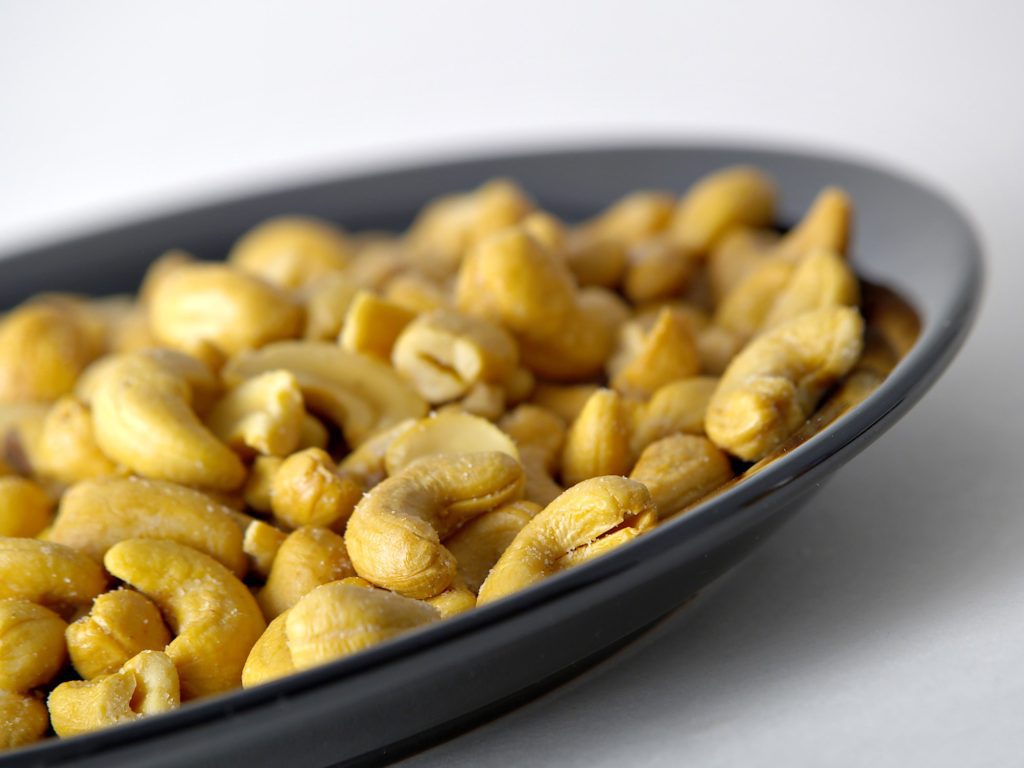Hunter Boyce | The Atlanta Journal-Constitution (TNS)
There are many reasons people snack, from boredom to corporate marketing. Not all snacks are equal. Some can help your diet, while others can make you feel bloated and tired. In the U.S., many people are eating more unhealthy snacks.
According to the Harvard T.H. Chan School of Public Health, the most common snacks in U.S. households are fruit, cookies, chips, ice cream, candy, popcorn, soft drinks, crackers, cake, milk, nuts and seeds, tea and yogurt. Some of these, like nuts and seeds, can give you an energy boost in the right amounts, while cake is likely to cause unhealthy sugar crashes.
The value of a snack depends on more than just the food itself. It’s also important to have good snacking habits: what you eat, why you snack, how often you snack, and how snacks fit into your overall eating plan. Figuring this out for yourself may take time, but scientists have done studies to help with this process.
“Research has found different reasons for snacking: hunger, social/food culture, distracted eating, boredom, indulgence, and food insecurity,” said the Harvard school. “In addition to the abundance of snacks in our food environment, marketing may also have a role. The food and beverage industry spends almost $14 billion per year on advertising in the U.S., with more than 80% promoting fast food, sugary drinks, candy, and other unhealthy snacks.”
Despite the various reasons Americans snack, one thing is certain: They definitely snack.
About 25% of Americans surveyed in 2020 by the International Food Information Council stated they snack multiple times a day. Another third said they snack at least once a day. The most common motivations for snacking were hunger, thirst, a desire for a sweet or salty treat, and the availability of snack foods.
A total of 40% said they occasionally replaced meals — most often lunch — with snacks, and 25% said they sometimes skipped meals entirely. If you're going to snack, you have some healthy options to choose from.
The Dietary Guidelines for Americans suggest that people eat nutrient-dense snacks, such as raw vegetables, fresh fruit, nuts, and plain yogurt.
“Decide which snack choices will satisfy you,” the Harvard school suggested. “A satisfying snack will reduce hunger, be enjoyable, and help you forget about food until your next meal. Think about the last snack you had — did you still feel hungry or want more food shortly after finishing it? Studies show that snacking on whole foods containing protein, fiber, and whole grains (e.g., nuts, yogurt, popcorn) increase satisfaction.”
©2024 The Atlanta Journal-Constitution. Visit at ajc.com. Distributed by Tribune Content Agency, LLC.









